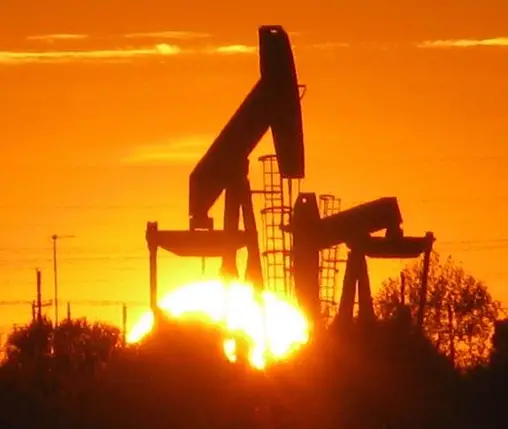In a report this week, Reuters reported that JPMorgan is predicting that despite numerous Western sanctions packages rolled out against Russia, Russian oil drillers will continue to maintain high production levels.
The investment bank pointed to a rapidly increasing demand from China, and India, which combined, is expected to cause a 1 million barrel per day increase in demand this year.
JPMorgan stated, “We believe Russia will be able to maintain its oil production at pre-war levels of 10.8 mbd but will have difficulties getting back to peak pre-Covid volumes of 11.3 mbd.”
The report projected sanctions would have some effect, as Moscow could struggle to reroute some of its oil product exports to destinations outside of the EU, after the eurozone’s import embargo on Russian fuels. The bank noted that seaborne oil shipments from Russia will likely fall by 300,000 barrels per day to “lows last seen in May 2022.”
Meanwhile, Russia’s February oil output reached pre-sanction levels for the first time this week, and may exceed the figure from February of 2022, according to a report in the business daily Kommersant.
Russian petroleum product and crude oil exports remained robust in January, with shipments from Russian producers adding up to 7.32 million barrels per day of petroleum products and crude oil, according to data from Kpler.
Although the ED and G7 nations have sought to prevent Russia from profiting from energy sales through the imposition of a price cap on the nation’s sales of seaborne crude, as well as other petroleum products, China, India, Türkiye, and some other countries have responded by boosting their purchases from Russia.
On top of that, last month Russia announced that as a retaliatory measure in response to the sanctions, it would cut its national oil production in March by 500,000 barrels per day, or roughly 5%.


